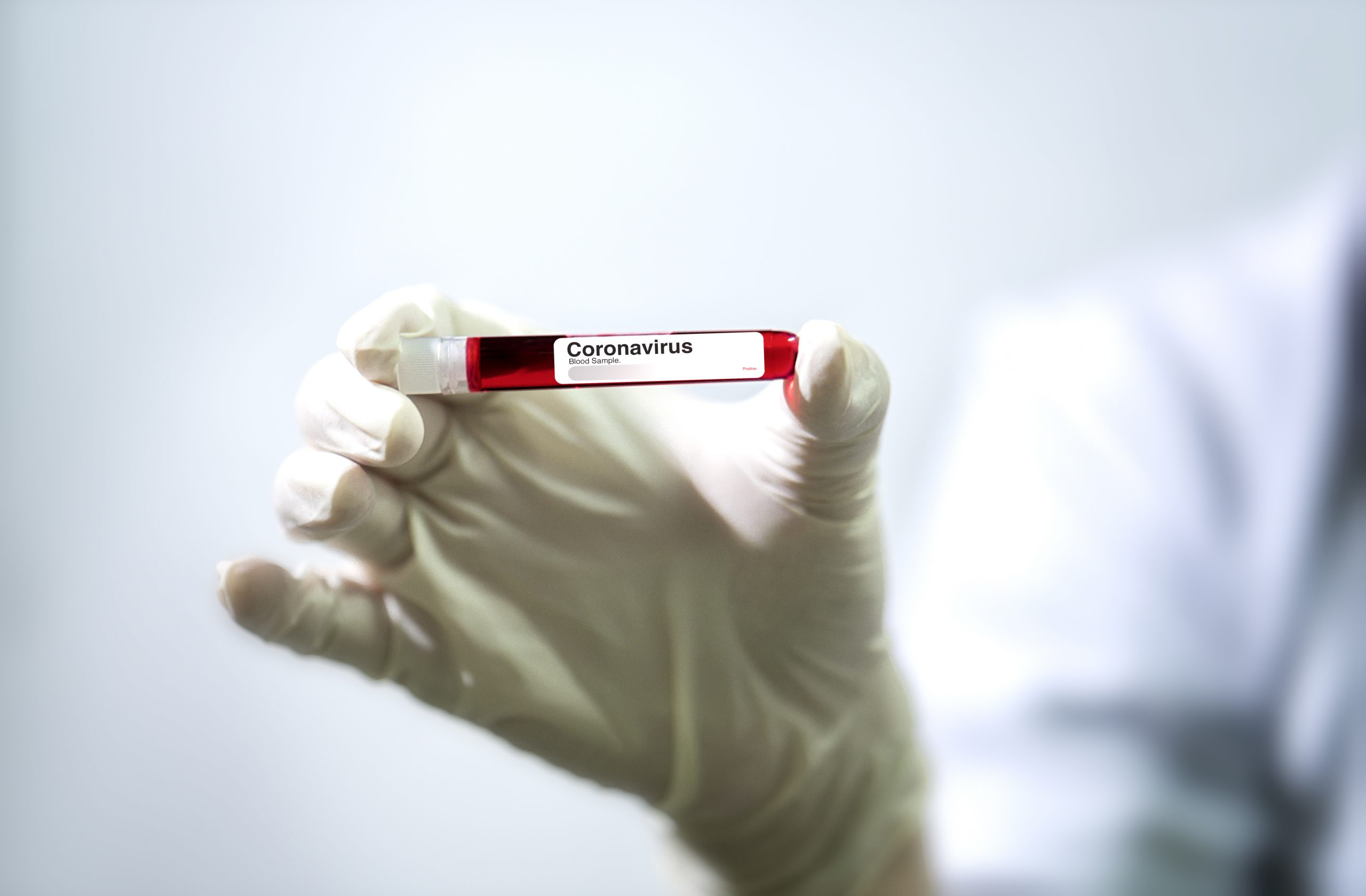Is viral load the reason some people are being much more affected by Covid-19?
Is this the missing piece to the Covid-19 puzzle?


You may have seen a coronavirus letter, supposedly from an ICU (Intensive Care Unit) doctor, doing the rounds on social media recently.
This letter highlights the importance of ‘viral load’ - a term the non-medics among us may or may not be familiar with. ‘Remember this: VIRAL LOAD. There will be a lot about this,’ the letter starts. ‘Being under 60 and fit and well doesn’t seem to be as protective as we first thought. Why? Viral load.’
Initial reports of Covid-19 being an illness that only seriously affects those over 70 or with underlying health conditions have soon been quashed by an alarming increase in cases of otherwise healthy patients needing intensive care.“My hospital is full of 20s, 30s and 40-year-olds,” was the ominous quote from Dr Ami Jones, an intensive care consultant at the Royal Gwent Hospital in Newport, to Metro.

Boris Johnson, whose role has been to deliver to the public the latest on the health crisis from the country’s leading experts, has seen a sharp decline in his own health after contracting Covid-19, the illness leaving him hospitalised in the Intensive Care Unit of St Thomas’s hospital. This is a virus that doesn’t discriminate. And while the figures may show the scales are tipped towards the elderly and vulnerable, Covid-19 can still be dangerous for anyone, in what feels like a terrifying lottery.
With the nation in lockdown for the foreseeable future to enforce social distancing measures, what is perhaps most worrying is the lack of clarity over how we overcome the crisis. Could viral load be the missing link, solving the health puzzle that’s left scientists baffled? Or is it just another theory? And if a higher dose of the virus is more deadly, what can we do to protect ourselves?
What is viral load?
Viral load, put simply, is themeasure of the number of viral particles present in an organism, or environment. “The viral load is a measure of how bright the fire is burning in an individual,” Edward Parker of the London School of Hygiene and Tropical Medicine,told New Scientist.
In the human body, the general consensus is; the bigger the load, the sicker the person - and the more virus particles they will spread. “With the coronavirus we are talking about virus load in a person’s airways”, Professor Alison Sinclair, Professor of Molecular Virology at the University of Sussex, told woman&home. “A person with a high viral load will spread more virus particles into their environment than an infected person with a low virus load.”
Sign up to our free daily email for the latest royal and entertainment news, interesting opinion, expert advice on styling and beauty trends, and no-nonsense guides to the health and wellness questions you want answered.
Who is more likely to get a higher dose of the virus?
There’s no way to tell if you’re coming into contact with someone with a high viral load, especially if socialising in large groups. This is why social distancing - and coming into contact as little as possible with other people - is so important. “Due to the research findings that certain asymptomatic individuals have high viral loads, this means people with no symptoms are potentially highly infectious,” Dr Kieren Lythgow, a Senior Genomics Scientist with expertise in Viral Genomics and Disease Outbreak Response, explained. “You may feel completely fine and healthy but could infect several people so it’s crucial to stay at home.
“There is obvious concern that frontline health care workers are being exposed to higher viral loads due to treating large numbers of Covid-19 patients. This is the reason personal protective equipment (PPE) in hospitals is so vital.”
How likely are we to get a high dose of the virus from coming into contact with infected surfaces?
According to Dr Kieren being in close contact with someone displaying symptoms presents far more of a risk than the virus remaining on surfaces.“Research has found that the more viral particles you are exposed to, the higher the chance you will have severe illness. For example, contact with a surface such as a doorknob would pose a much lower risk than sitting next to an infected person regularly coughing on a long-haul flight.”
Does viral load determine how sick a person will get?
The short answer is, we just don’t know yet. While research from The Lancet Infectious Diseases Journal shows a link between viral load and more severe symptoms, other studies have shown little correlation. Health workers investigating the Covid-19 outbreak in the Lombardy region of Italy carried out a study on 5,000 infected people, but foundno difference in viral loadbetween those with symptoms and those without. Is it more likely that, ultimately, the severity of symptoms comes down to genetics?
“Some research has found that very similar viral loads have been detected in symptomatic and asymptomatic individuals,” Kieren told woman&home. “The development of mild or severe symptoms is also highly dependent on the individual which is another important factor to consider.”
"We do not yet know what impact viralload has on the symptoms of an infected person," Dr Alison clarified. "The human body and its ability to fight infections is complex with many variables, like age and underlying health conditions. Until we have developed anti-viral drugs that can stop the replication of this virus, infected people's best defence against the virus is their immune system."
How can we protect ourselves?
Scientists are still unsure of just how viral load affects Covid-19, but one thing we do know is that mixing with large groups of people will significantly increase your chance of being infected, and therefore being infected with a higher dose of Covid-19. Practicing social distancing is our best defence.
“Both keeping a physical distance from others and frequent hand washing are so important to stop us from getting infected and to break the chain of transmission from person to person. Whether a person has a high or a low viral load social distancing is important,” Alison explained.
Keeping our immune system in check is also important. “There isn’t much an individual can do to reduce their viral load, once infected,” Kieren warned. “This is a completely new virus with no immunity. Eating healthy and exercising is important for your immune system.”
Whether or not viral load will be named as a key factor in our health crisis remains uncertain, but finding this out is crucial to progress.“We do not yet know what impact viral load has on the symptoms of a person infected with Covid-19,” Alison concluded. “But whether there is a link between a high viral load and worse outcomes is going to be important to find out.”
Lauren is the former Deputy Digital Editor at woman&home and became a journalist mainly because she enjoys being nosy. With a background in features journalism, Lauren worked on the woman&home brand for four years before going freelance. Before woman&home Lauren worked across a variety of women's lifestyle titles, including GoodTo, Woman's Own, and Woman magazine.
